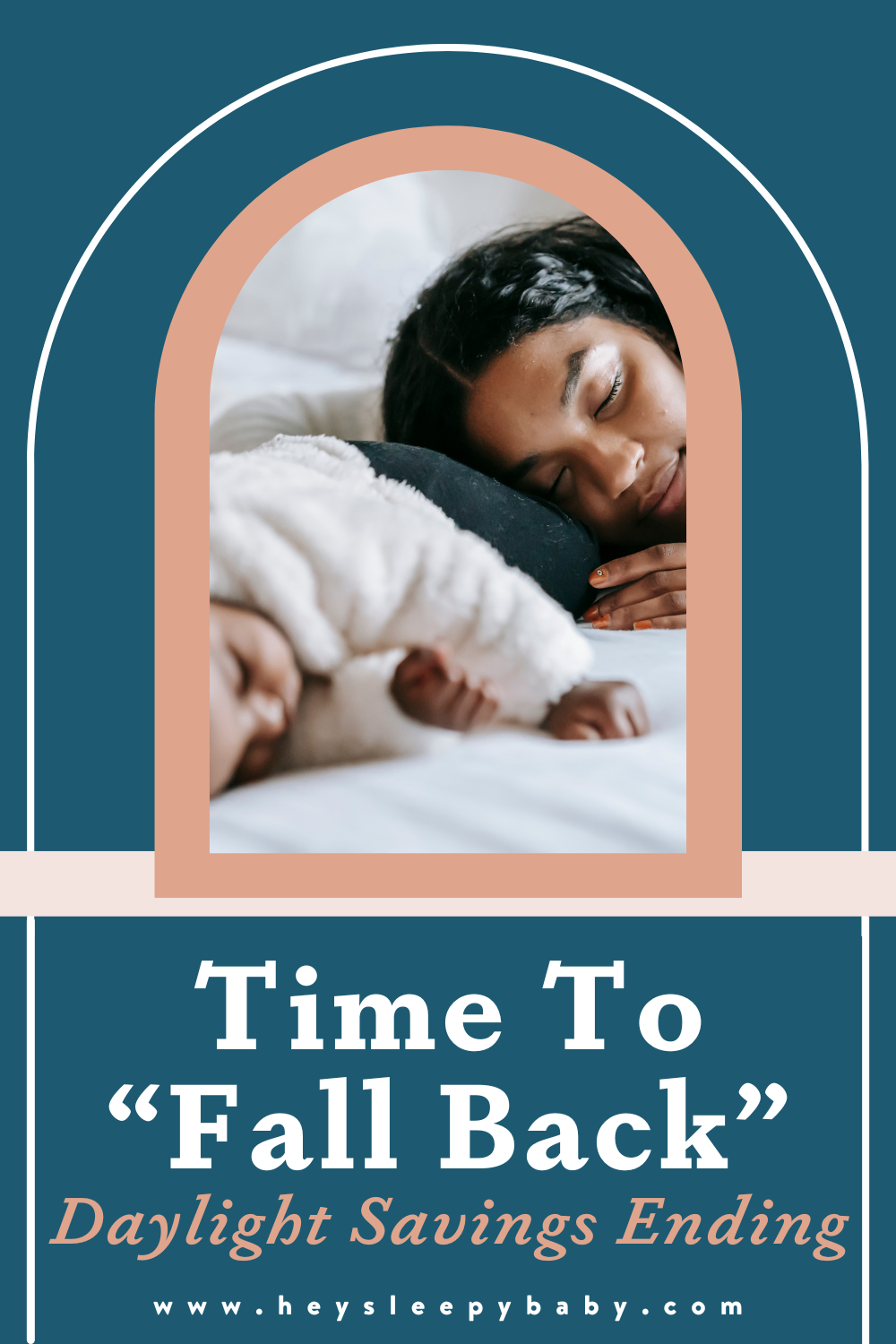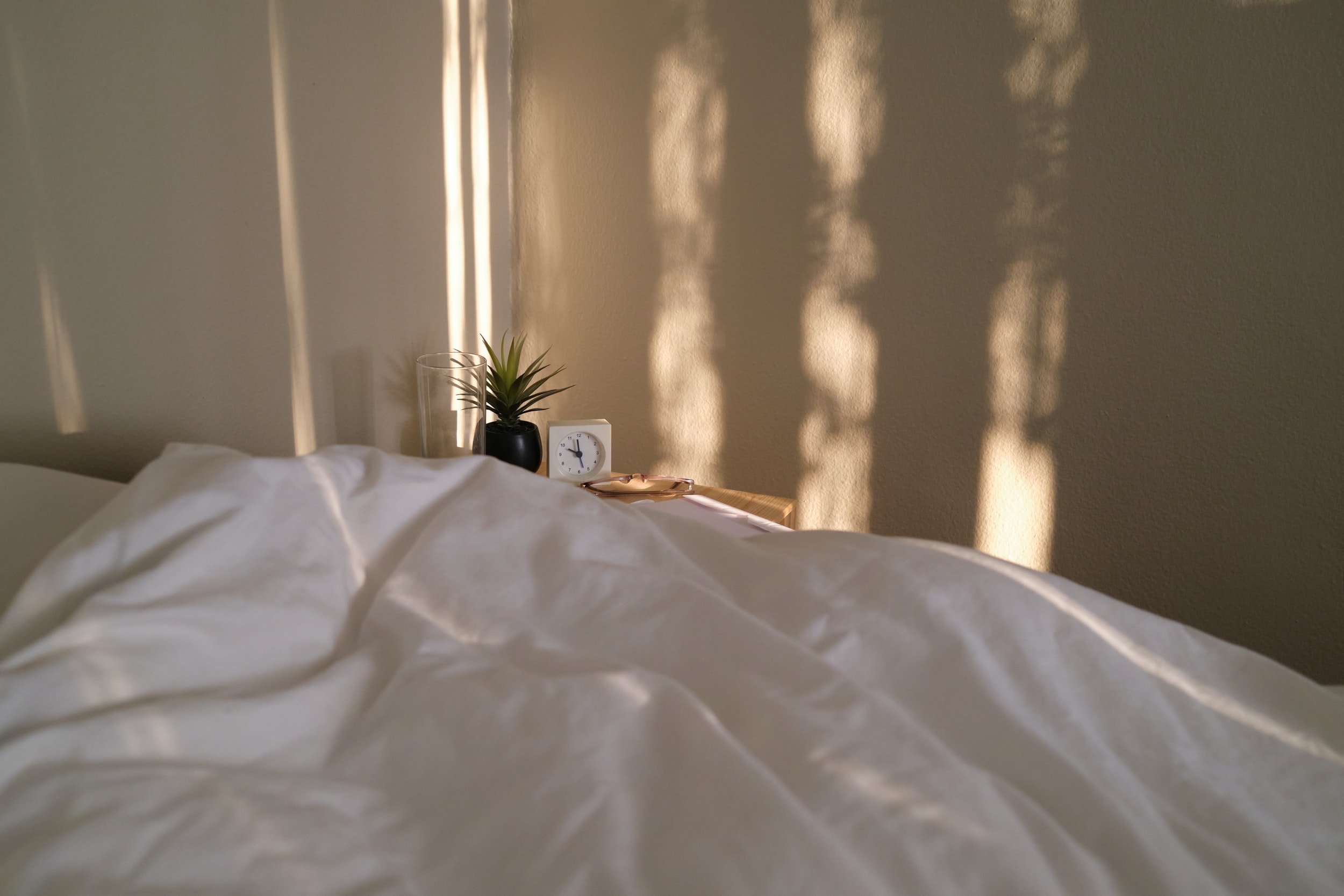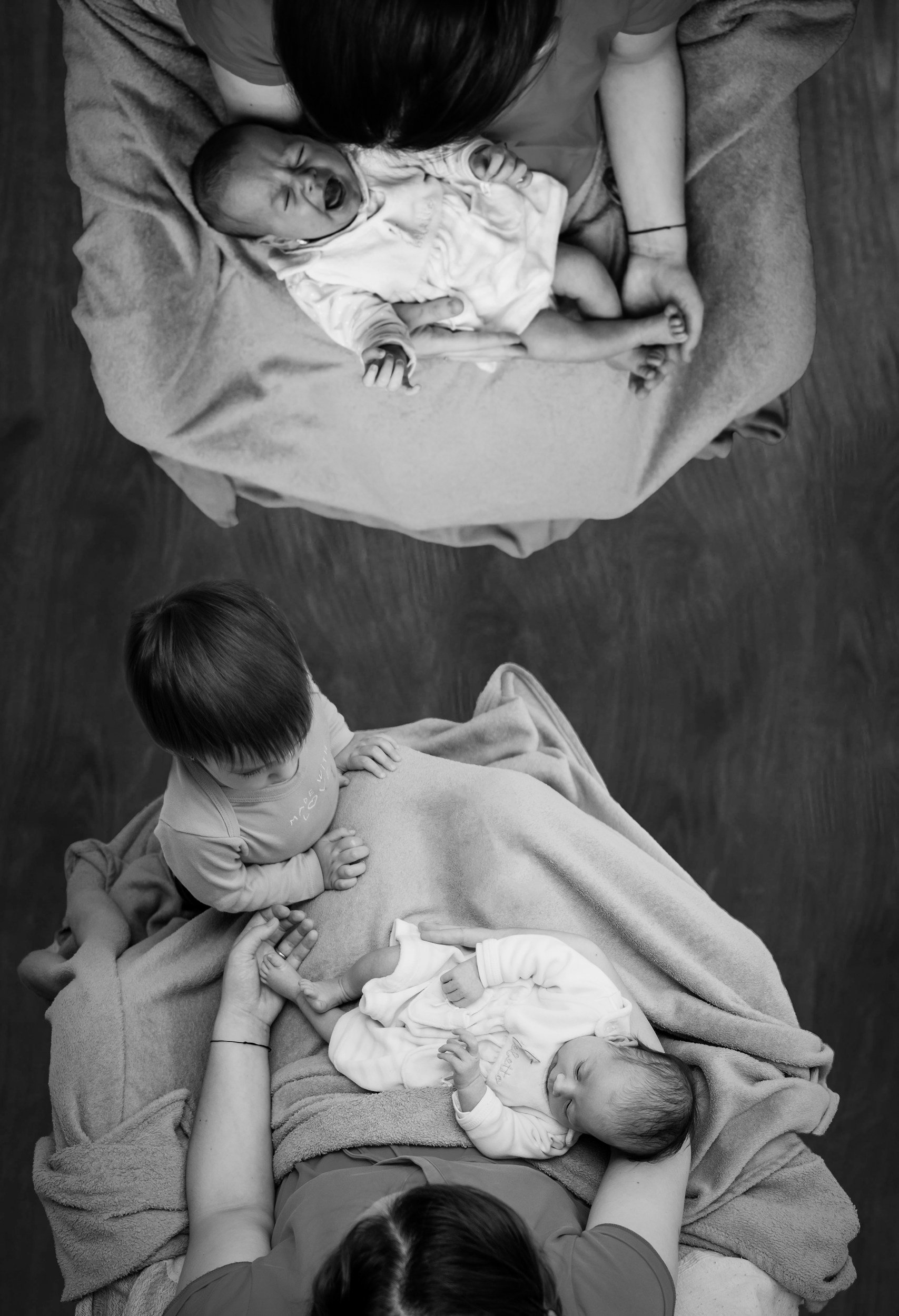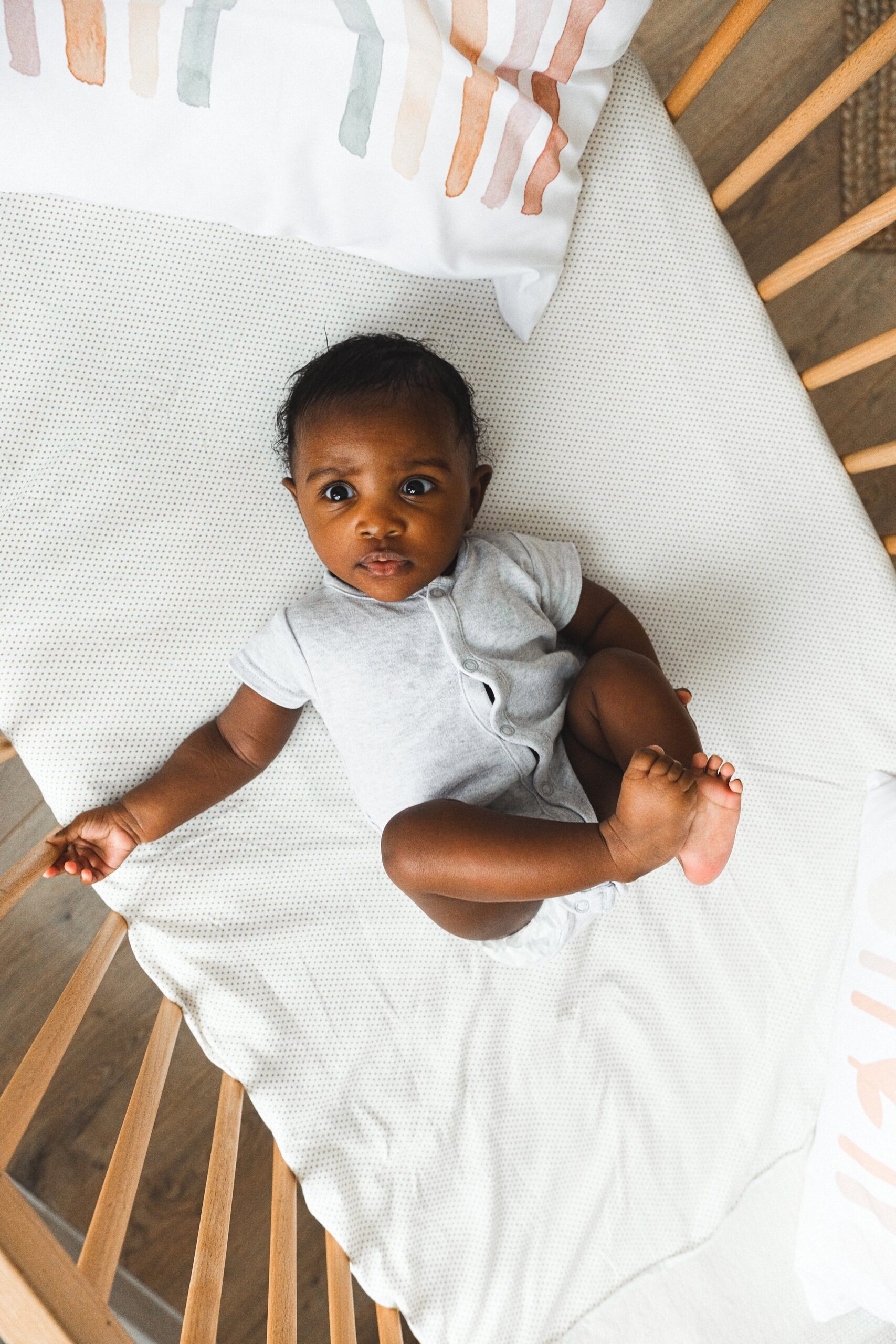I'm Rachael
Mom of 3 & Baby Sleep Expert with Big Sis Energy
& I’VE DONE ALL THE RESEARCH FOR YOU ALREADY.
Better sleep for the entire family
BROWSE COURSES
hey!
time to “fall back” – how to prepare for daylight saving time ending with babies and kids

Daylight saving time is ending soon!
Sunday, November 3, 2024, 2:00:00 am clocks are turned backward 1 hour to
Sunday, November 3, 2024, 1:00:00 am local standard time instead.
Sunrise and sunset will be about 1 hour earlier on Nov 3, 2024 than the day before. There will be more light in the morning and less light in the evening.
Daylight saving time is ending soon- this is when the clocks “fall back.” On Sunday, November 3, 2024, 2:00:00 am clocks are turned backward 1 hour to
Sunday, November 3, 2024, 1:00:00 am local standard time instead.
Sunrise and sunset will be about 1 hour earlier on Nov 3, 2024 than the day before. There will be more light in the morning and less light in the evening. This is the one where we technically “gain” an hour of sleep. Unless you have babies 😉
When daylight saving time ends, we “fall back” one hour, meaning that sunrise and sunset will occur an hour earlier. So now, 7am will feel more like 8am. 6pm will feel more like 7pm. This means a little more light in the morning, but darker afternoons and evenings. As winter approaches, we’ll have less overall sunlight and it will be quite dark in both morning and evening.
how does time change affect our sleep?
Our bodies are governed by the circadian rhythm, or the 24-hour cycle that regulates bodily functions like sleep. The circadian rhythm is largely affected by light and darkness, and to reset each day, we must be synchronized with natural light and dark exposure to ensure healthy sleep. The transition of our clocks can cause some confusion for the body, though luckily it’s less drastic with the “fall back” transition in the fall.
how to prep? I have a few recommendations:
-
Do nothing. That’s right! You actually don’t need to stress about daylight saving ending as much as you may think. Especially if you have a newborn, who isn’t on much of a schedule yet anyway, or a toddler, who is a bit more adaptable, just letting it ride is sometimes the easiest way to deal with the time change (it’s what we do!).
-
If you want to take advantage of the darkness at night, or if bedtime is getting too late for you lately, this is the perfect opportunity to try and get an earlier bedtime. You can let your child wake up early on Sunday (even if the clock says it’s only 5 or 5:30am) and then use normal wake windows throughout the day. They will likely be tired and ready for bed by the time the clock says 7pm or so (depending on their age and sleep needs) and you can do bedtime then, even if they normally don’t go to bed until 8pm.
-
But remember- just because they’re going to bed earlier doesn’t necessarily mean they’ll also sleep later. They can only sleep so much overnight (many babies and toddlers only need 9-11 hours overnight, not 12+) so you’ll have to be OK with early mornings if you take this approach.
-
Either way, this may take a few days for them to adjust and again, might not be the right move if you don’t want them also waking earlier in the mornings from now on.
-
-
Gradually shift your schedule. This might be best for you if you have a baby between about 4-18 months old because they likely have multiple naps per day. This strategy also works well for any baby or child who is very sensitive to changes or who frequently wakes up early already. 5-7 days before the time change, move bedtime later in 15-minute increments every couple of days. This way once the clocks “fall back” (and 8pm becomes 7pm) your baby will already be used to the new (later) time.
-
Move your schedule quickly. This is best for those parents who are saying “Oh Sh*t- daylight saving ends this weekend!” This also works fine for most toddlers and older children. If you forgot, not to worry. You can shift your schedule a little later by about 20-30 minutes a day or two before the change.
It would look like this for a baby who normally goes to bed at 7:30pm:
Monday & Tuesday push bedtime to 7:45pm
Wednesday push bedtime to 8:00pm
Thursday push bedtime to 8:15pm
Friday & Saturday push bedtime to 8:30pm
On Sunday when the clocks change, that 8:30pm will now be 7:30 again and your baby will be ready to go to sleep at their “normal” bedtime!
Other things to keep in mind:
-
It will be darker in the evening. Sunset will be super early, like 5pm. This means that at your baby’s bedtime, the bedroom might be totally dark and you won’t need to rely so much on things like black-out curtains. However, you may want to keep some lights on until it’s 1-2 hours before bedtime. You also want to keep it dark later in the morning and avoid turning on very bright lights or screens right away, especially if your little one is waking really early. This will just reinforce that it’s time to get up at that time and it’ll be harder to shift their schedules later.
-
Our babies wake times are mostly governed by their circadian clock. So they are likely to wake early during this transition. f your baby’s usual wake time is 6:30 a.m., it will now actually be 5:30am on the clock. This will continue until their circadian clock adjusts, which is a process that natural sunlight exposure is largely responsible for. So…
-
Even though there will be fewer hours of daylight, you DO want to try and get outside during light hours as much as possible, especially around sunrise and before sunset. This low angle sun exposure really supports the circadian rhythm and melatonin production, re-aligning the body clock.
-
Routines should be kept the same, if possible. Babies can adjust to this time change pretty quickly, and keeping your routine the same can help a lot.
We usually go with the “do nothing” approach in our house. If our kids seem extra tired, we have a chill day or let them nap a little extra to make it until bedtime, and we just prepare for a wonky week. It doesn’t have to be such a big deal, and going with the flow and having realistic expectations is key when you have a baby anyway!
Check out this Instagram Live I did where I talk through all of this plus give some extra tips!
Read more about Daylight Saving and The “Sunshine Act” status in Congress here!
Featured
When daylight saving time ends, we “fall back” one hour, meaning that sunrise and sunset will occur an hour earlier. How will this affect your baby’s sleep?
Responsive sleep tips and support for parents of multiples or twins.
What are floor beds? When to use them? And How to use them?
Was this helpful? Save it for later!

binge reads
We think you'll love these
You deserve to the
baby stage, not just "survive it."
And you DON'T have to sacrifice your values, ignore your instincts, or force yourself to follow a method you don't align with just to get your baby back to sleep.
I’m here to help you create a restful, sustainable sleep environment that honors both your baby’s needs AND your own (without the stress OR the guilt!) because, no, you don’t have to choose between the two.
enjoy!
BABY SLEEP COURSES →
BABY SLEEP CONSULTS →
Wish you could help your baby sleep better without resorting to sleep training? Download my FREE guide to a good night’s sleep and learn 8 simple, science-backed tips for supporting your child’s needs.
Traditional sleep training methods don’t have to be your solution to better sleep.
SLEEP TRAINING ISN’T THE ONLY WAY TO GET GOOD SLEEP
Hey, I'm Rachael and Hey, Sleepy Baby is for parents who want to get their nights back, without sleep training their babies.
NO ONE TOLD US POD
explorING the untold truths of parenting





